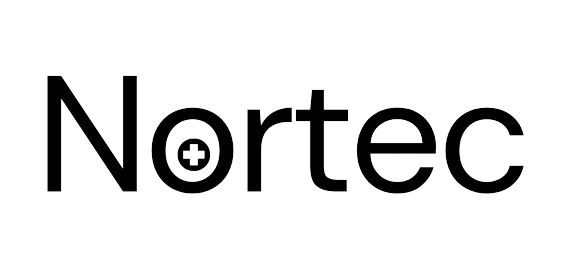Why are Medical Claims Denied?
Claims could be refused as the insurance company decided it was unnecessary, out-of-network care or tests, an improper treatment plan (in-home vs hospital), cancelling policy because of a non-paid procedure, or late filing of the paperwork. Claims may be rejected as insurance carriers are optional. Luckily, the insured and the medical provider will appeal the decision and work on supplying the insurance firm with the details of how much it wants to pay for the treatment.
How to Challenge a Denied Argument?
Once an initial application for health benefits has been rejected, the insured can appeal the decision through an internal or external review. To request an internal review, the policyholder must submit the necessary documentation as specified by the insurance provider. Each insurance agency has its own appeals process, so be sure to read the scheme’s benefit description (EOB) to know their system when filing an appeal, including any letters from physicians and other records showing why they should accept a petition.
During the appeals process, it can be useful to provide evidence of industry practices, demonstrate the cost-effectiveness of the desired treatment, and obtain letters from physicians confirming the medical necessity of the care. If a decision has not been made for services, it must be made within 30 days of the request, and if it is for a service that has been received, the insurance provider has 60 days to make a decision. If an argument is rejected after an internal investigation, it is time for an external review.
Negotiation and External review
Getting medical treatment approved necessitates bridging the difference between healthcare and insurance providers by agreeing on price points and facilities. The advantage of having a medical billing advocate is their ability to analyze each case and assist clients in designing a possibility to turn a rejection into approval or convince parties to consent to a lower cost point for out-of-pocket medical expenses.
Advocates of Medical Billing are a natural source of knowledge on the quality of coverage and the processes used to obtain healthcare approval. Medical Insurance Billing Advocates campaigning for medical benefits saves patients thousands of dollars by holding insurance companies and healthcare providers from negotiating the best quality care.


